Description
Spitfire Irene
A Song Cycle for Solo Soprano
Duration: ca. 30 mins
- I was my own wendy 2’36”
- Darling of the air. 2’44”
- You moved I moved. 3’58”
- In such a night. 4’00”
- Stuck 3’18”
- Losing Altitude. 2’34”
- Woman much missed 4’16”
Words by Adam Strickson
Music by Edward Caine
Eight songs tell the life story of a woman who is ninety in the year 2011. At the beginning of the Second World War, like Amy Johnson, she was an ‘Attagirl’, one of the select ATA (Air Transport Auxiliary) female pilots delivering Spitfires, Hurricanes and Lancasters to airfields all over Britain. Over the course of a long life, she’s experienced many loves and letdowns, but perhaps her greatest love was her Spitfire:
You moved. I moved.
My Spit…spit…fire!
With my swept back curls I was your Attagirl!
Spitfire Irene is a character featured in the full length music-theatre piece, Flight Paths, which has been commissioned by imove and forms part of the Wingbeats project for the Cultural Olympiad. Performances will take place at The Spa, Bridlington, on the 24th and 25th Sept and at Stage@Leeds on the 1st October this year. For more information go to www.imoveand.com/p/wingbeats
Adam Strickson
Spitfire Irene follows on from my previous investigations into vocal technique in my pieces Poem In Silence and En Un Vergier Sotz Fuella d’Albespi. These pieces along with this song cycle investigate the kind of theatrical emotive power peculiar to vocal music, owing to audience empathy for the performer, who in effect is the instrument. I have used at points breathing as a musical tool and to provide dramatic movement to the piece, as well as overtone throat singing, whistling and breath sounds as distinct musical motifs corresponding to events in Irene’s life.
Structurally, the music follows the timeline of the text, starting out with her deepest and earliest memories of childhood, vivid and capricious, moving through adolescence, her relationship to her spitfire and then slowly out to the surface, where she has grown old and a bit senile, although with still the sense of verve and child-like glee. There are certain musical ‘hooks’ that I’ve used to do this, and certain underpinning motives, including a number of well-hidden references to the Noel Coward song I’ll See You Again.
All the time Irene sings with her own voice, and at points the music reflects what she might hum to herself or the noises she’d make, remembering her flying days. Other points of interest are the gradually fragmentary nature of the music as we enter the later poems, the last one being broken up and indeterminate little fragments, with an underpinning cantus firmus that reflects her deeper thoughts.

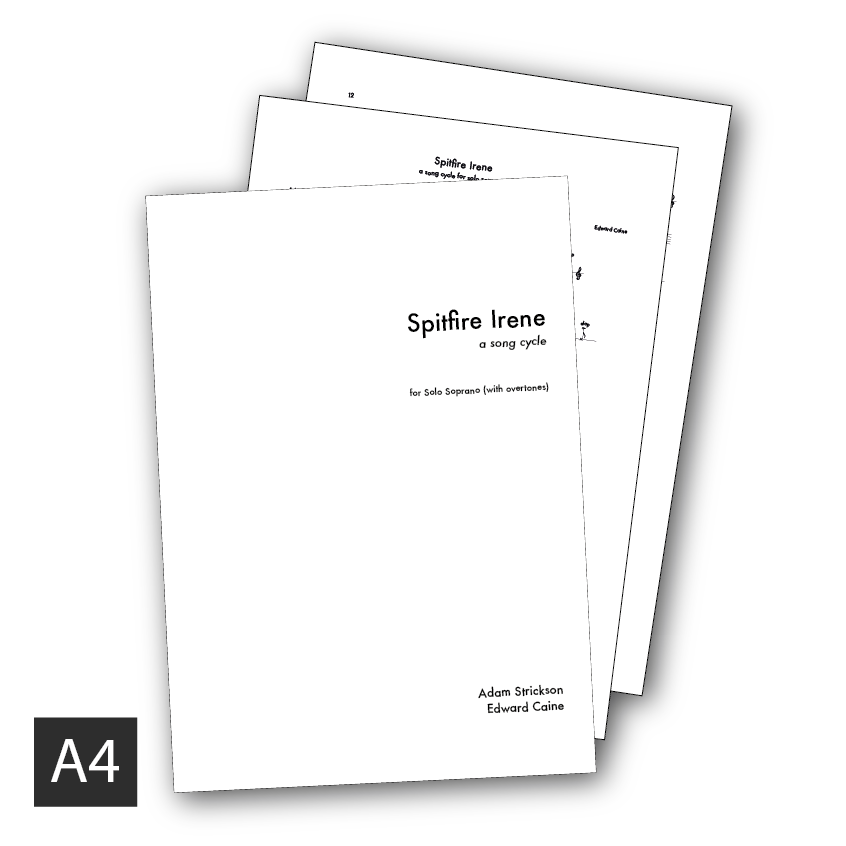
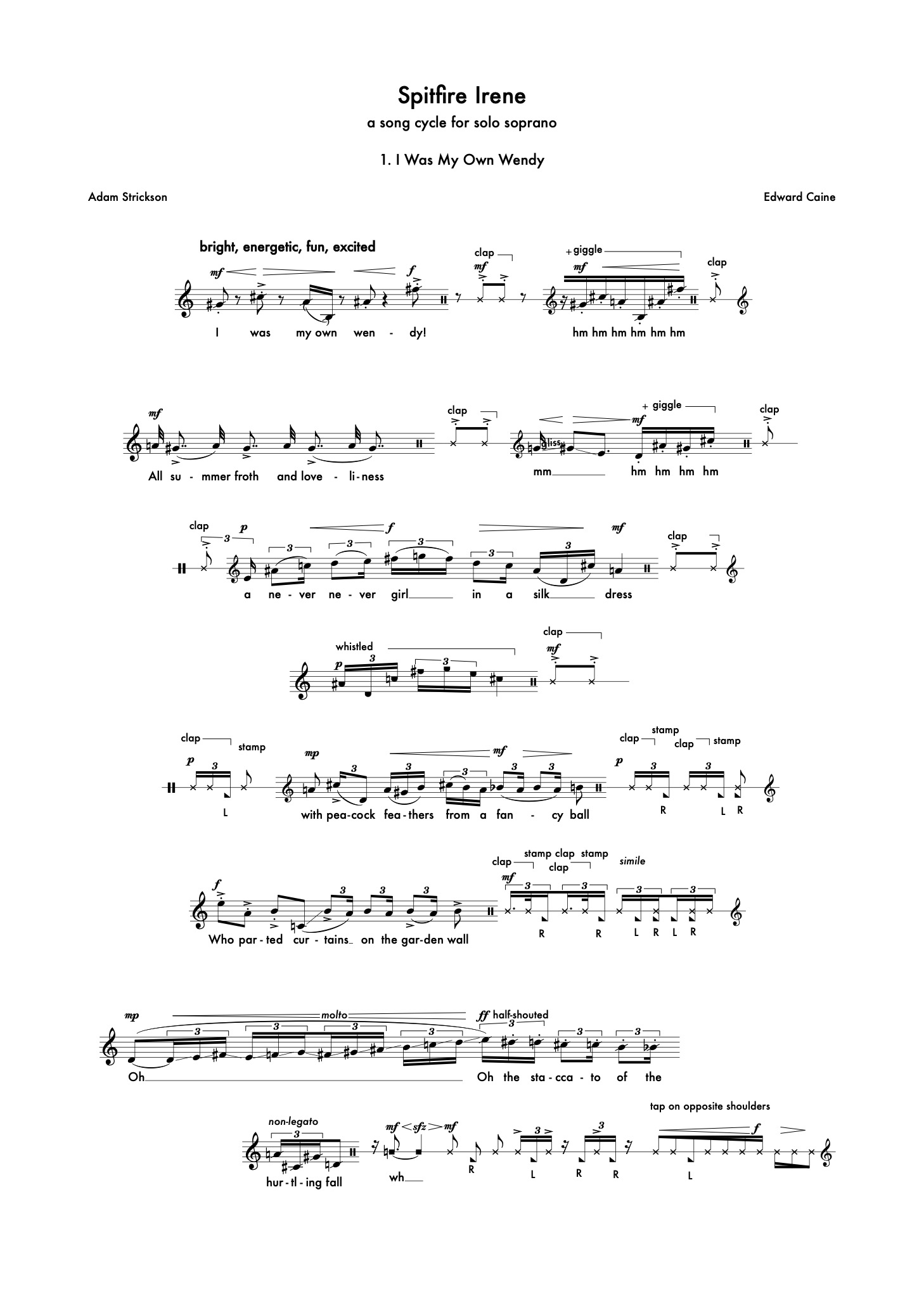
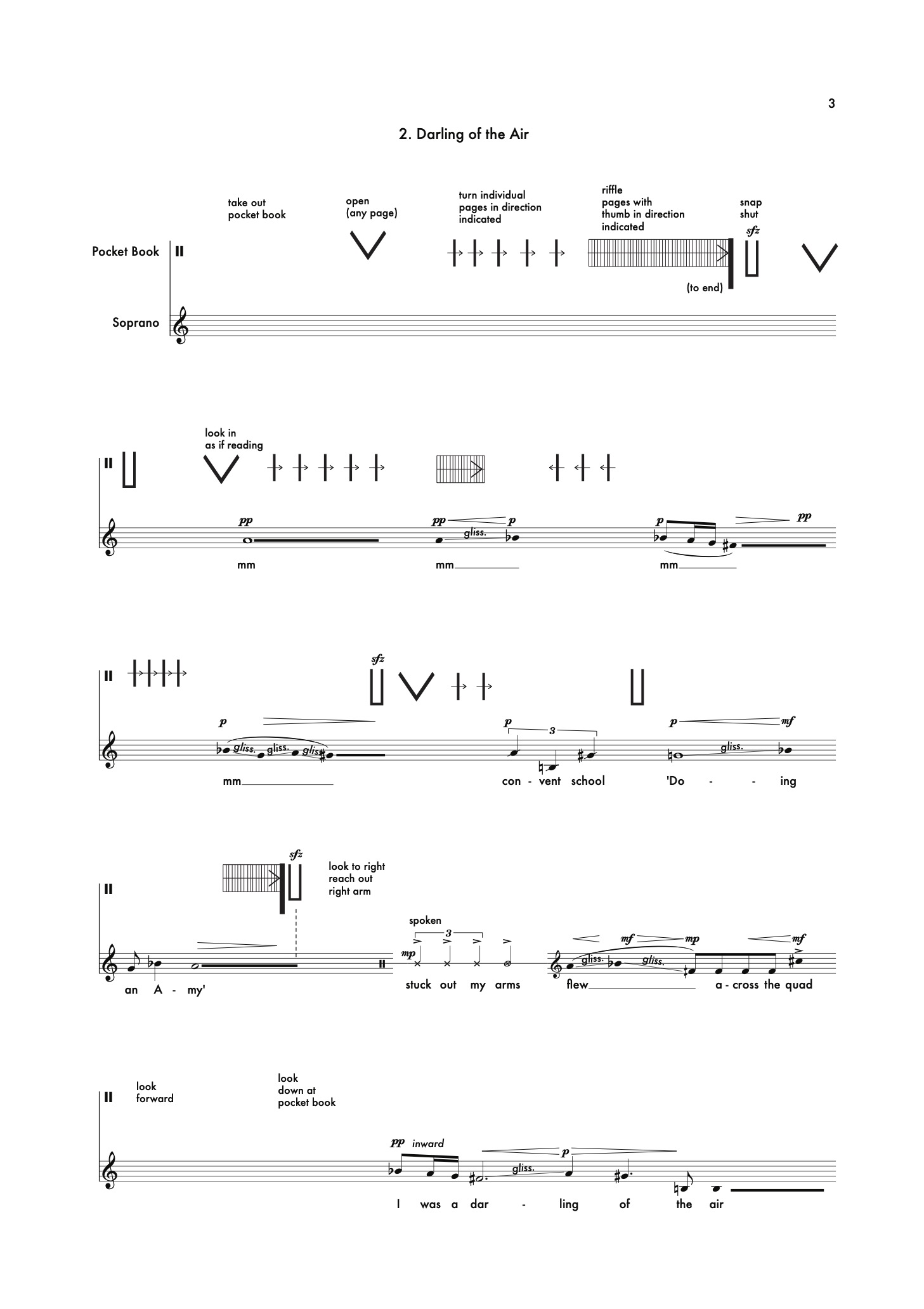
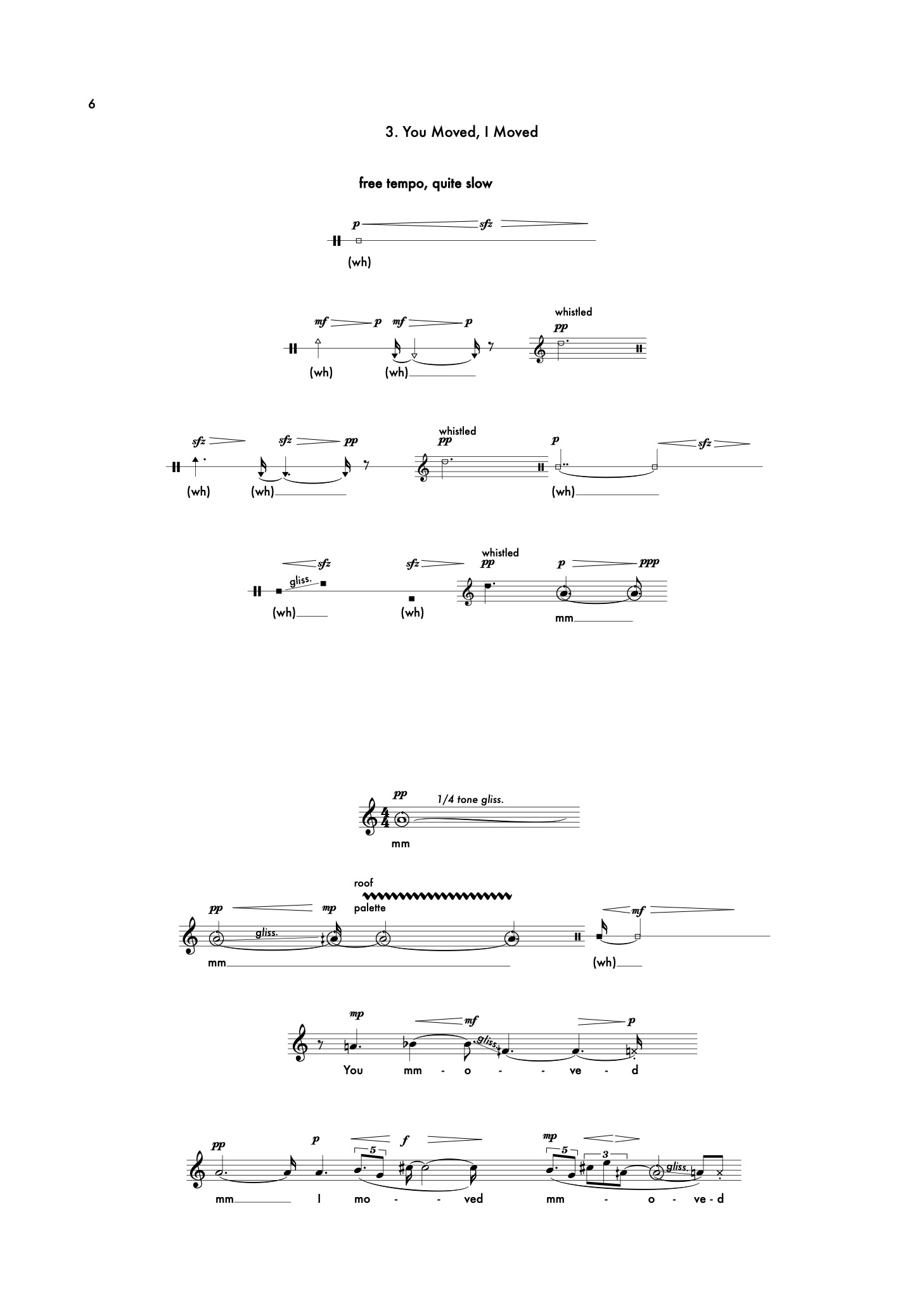
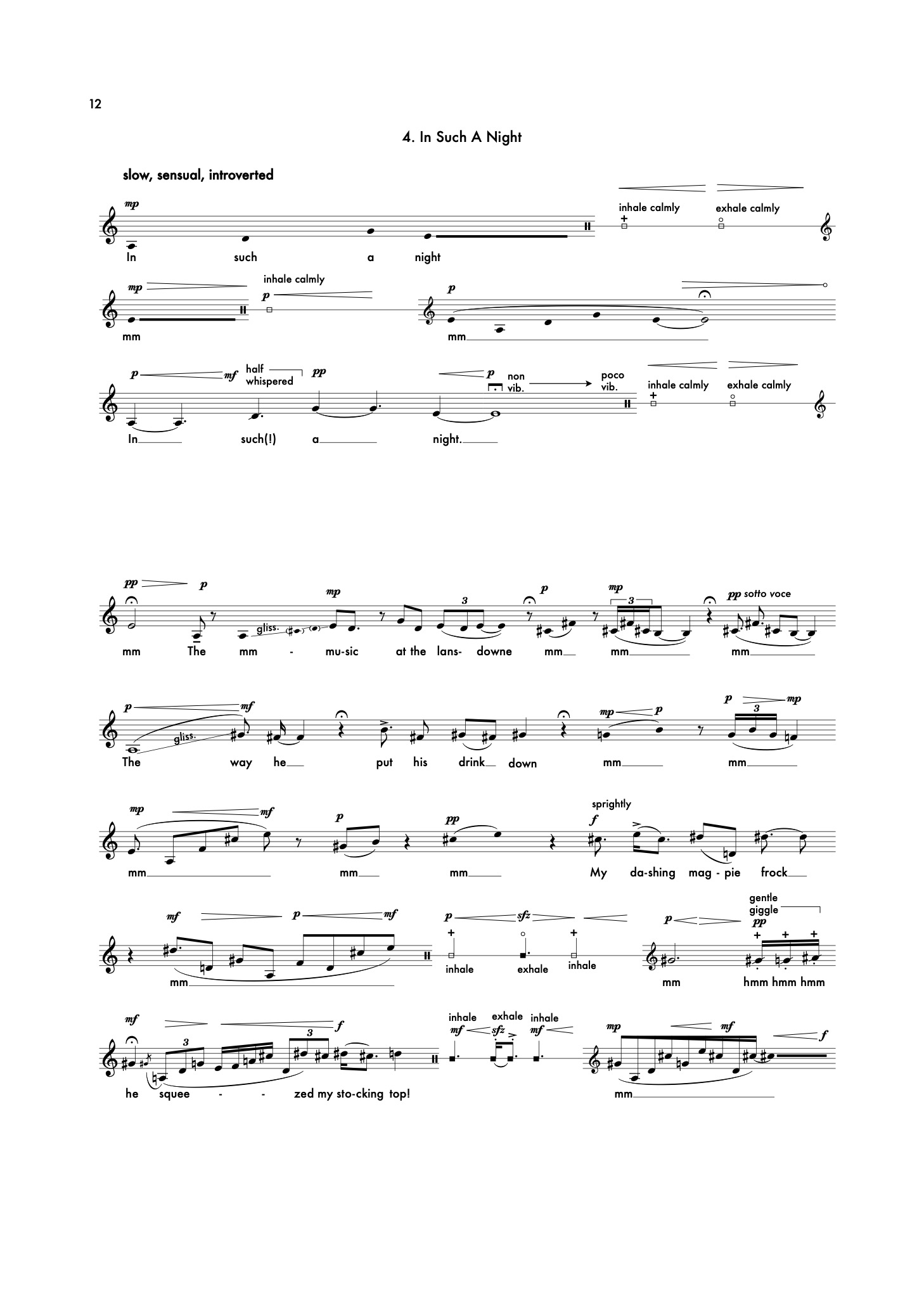
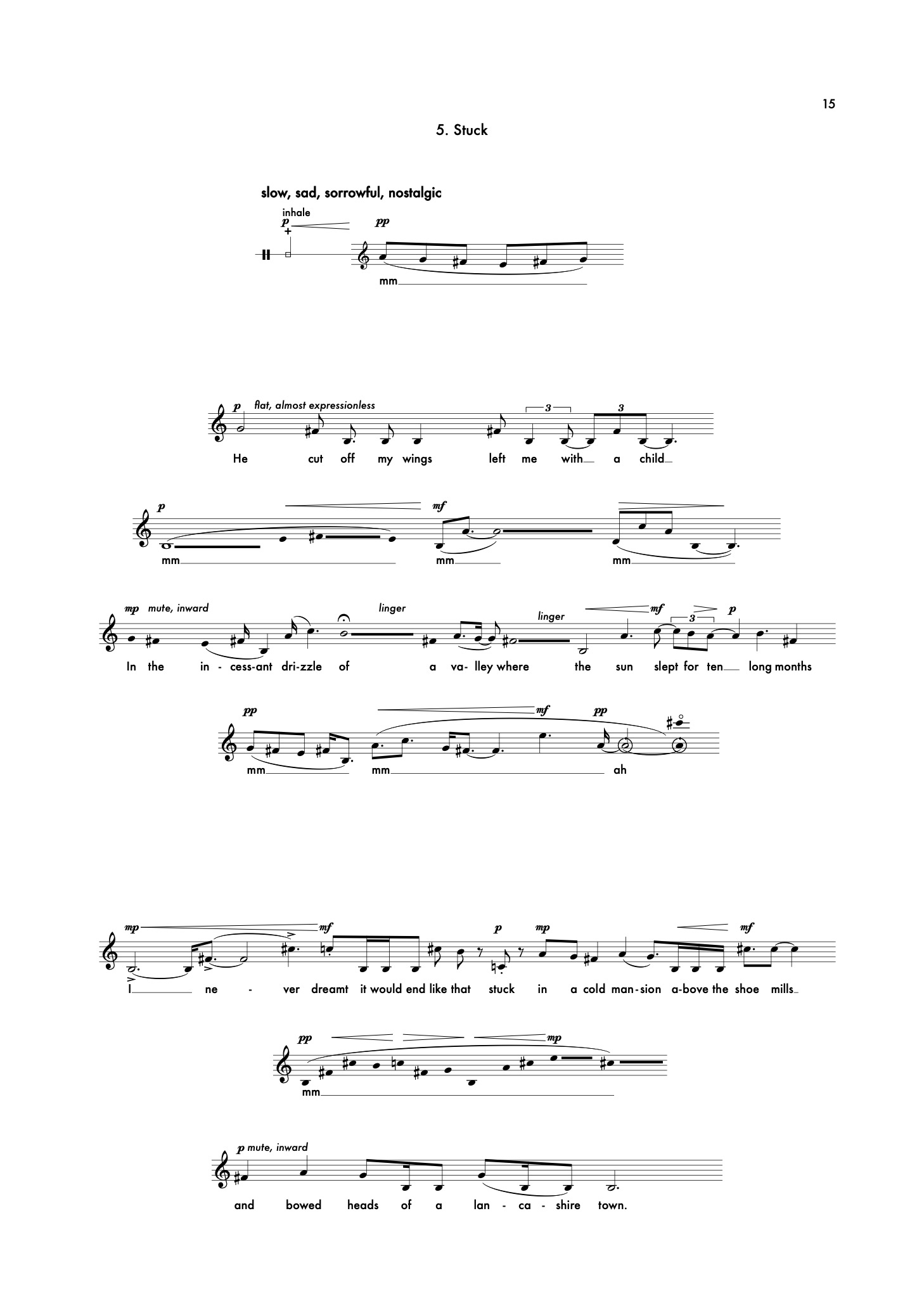
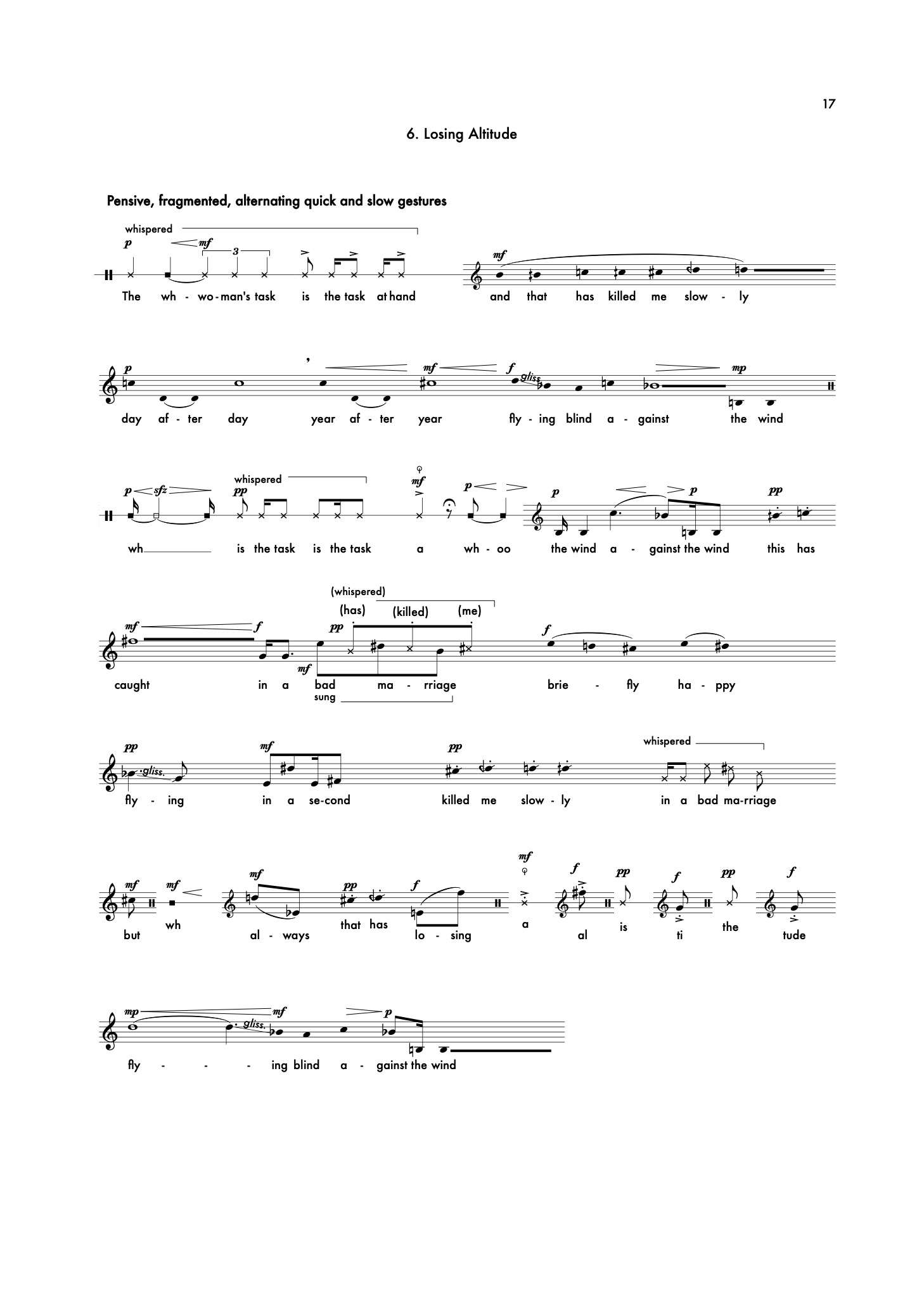
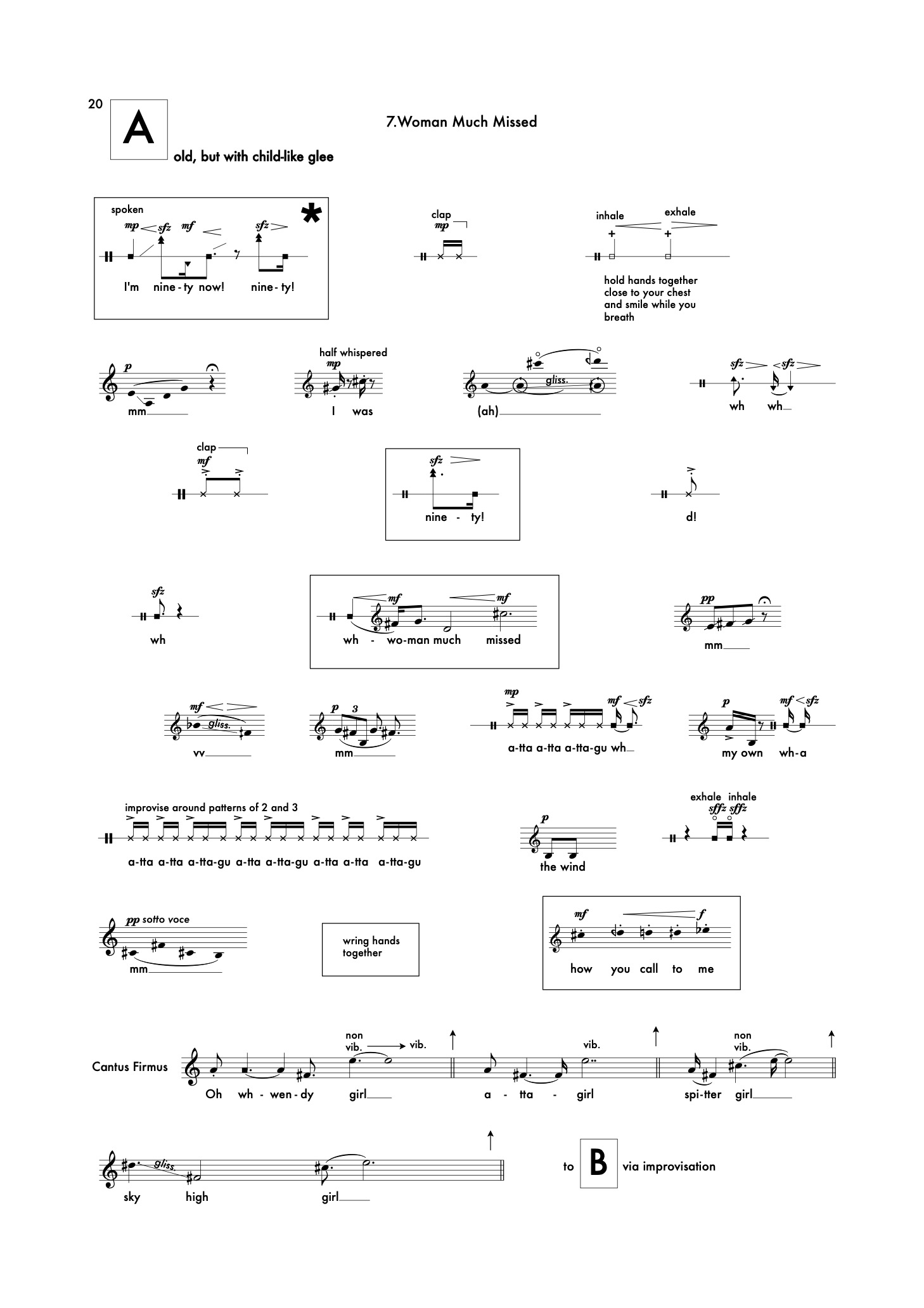








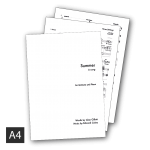
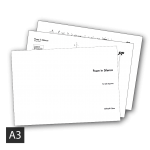
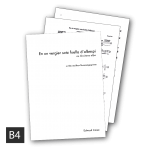
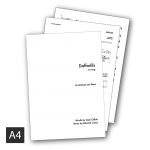
Reviews
There are no reviews yet.